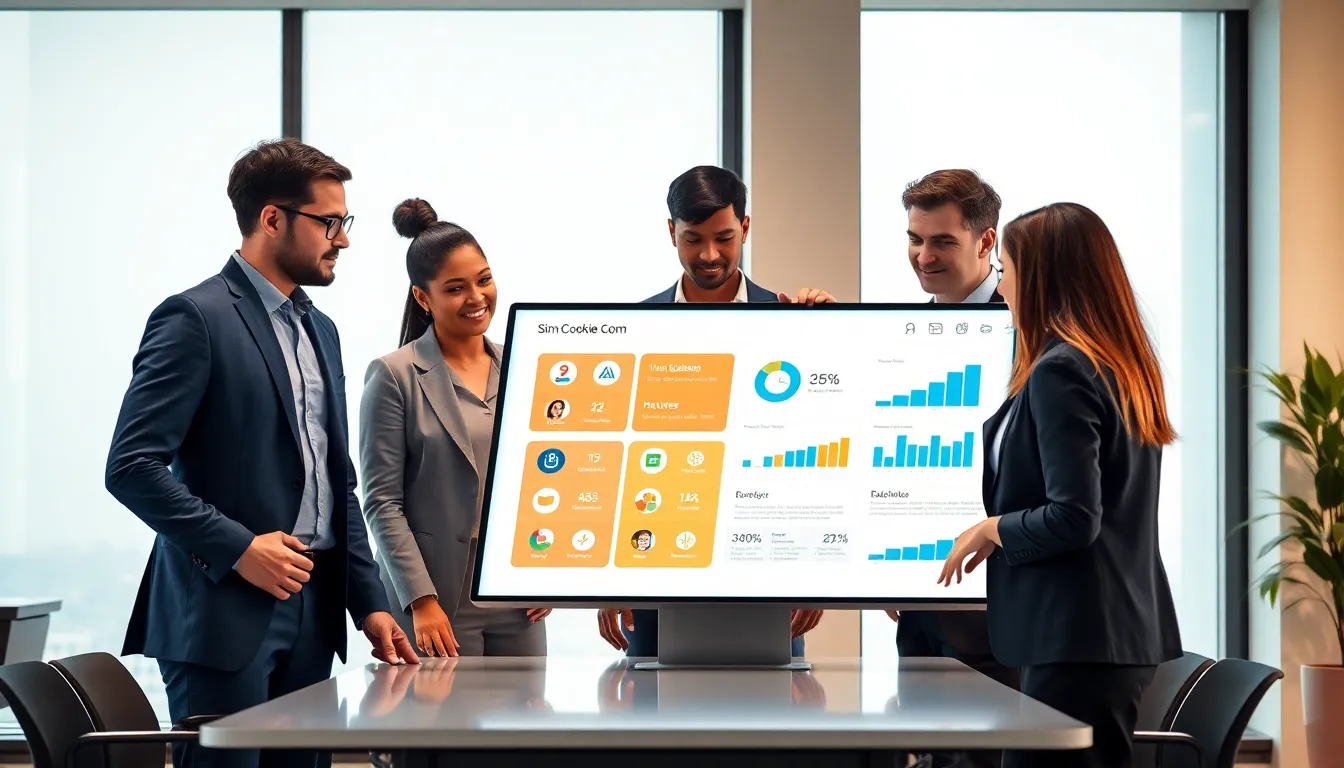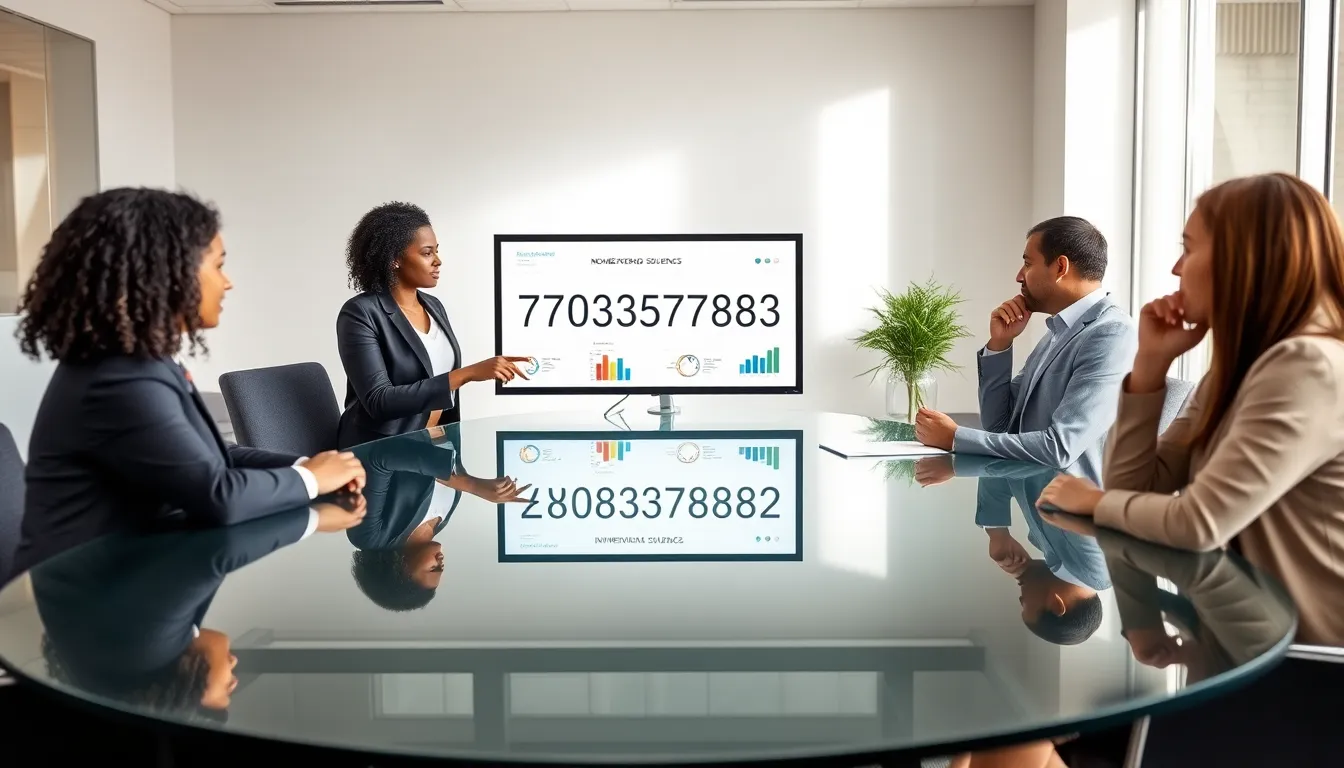
Web scraping is easy pull some data, build your project, done. But once proxies enter the mix things get hairy.
A lot of people don’t realize there are actual laws and ethical boundaries involved. I’ve learned the hard way that cutting corners can backfire.
This isn’t about scaring you off. It’s about being smart, scraping safe and avoiding trouble you didn’t see coming.
What Are Proxies and Why Are They Used in Web Scraping?
Every time you visit a website it sees your IP address kind of like your digital return address. If you’re scraping one page every few minutes that’s no big deal, but if you’re sending hundreds of requests in a short span most sites will notice… and shut you out.
That’s where proxies come in. They route your requests through different servers so it doesn’t look like one person is doing all the work. Think of it as spreading out your activity so you don’t draw attention.
Legal Landscape of Web Scraping
Here’s the thing: scraping isn’t illegal by default, but not everything is fair game.
Most of the time if you’re pulling public info that’s available on a site, you’re probably good, especially if you’re not abusing the server or being shady. But once you get into login required pages, paywalls or anything protected, that’s when you’re skating on thin ice.
Depending on where you live you could be violating data protection laws, copyright laws or even anti-hacking laws and not even know it. I’ve found that reading the terms of service (yeah, the part most of us skip) is a good first step to avoid headaches later.
Long story short: the laws aren’t always clear but being cautious upfront can save you a lot of trouble down the line.
Ethical Considerations When Scraping with Proxies
Just because you can collect data doesn’t mean you should. When proxies are involved it’s even more important to think about how your actions affect others.
If you’re hitting a site with too many requests you might slow it down or mess with their analytics.
That’s not cool especially for smaller sites. And if the content you’re collecting took real effort to create it’s worth asking, are you using it fairly?
A good rule of thumb: scrape in a way that doesn’t harm, overload or steal. Respect the site, the people behind it and the data itself.
Responsible Use of Proxies for Scraping
Using proxies gives you power but with that comes a bit of responsibility. The goal isn’t to trick or overwhelm websites but to collect data efficiently without causing problems.
Start by keeping your request rate reasonable. Don’t hammer a site with thousands of hits in a short time.
Rotate IPs smartly, respect robots.txt rules and avoid scraping pages that are clearly not meant for public access.
How to Ensure Compliance When Using Proxies
If you want to play it safe while scraping here are a few smart practices to follow:
Read the site’s terms
- Just read the rules. Some sites don’t allow scraping.
Don’t scrape personal data
- Don’t collect names, emails or anything sensitive.
Limit your requests
- Don’t flood a site with traffic. Be light and respectful.
Rotate your IPs
- Rotate smartly to avoid blocks and reduce the load on any single site.
Communicate with clients
- If you’re scraping for others make sure they know the risks.
Choose a reliable provider
- Use tools that support clean responsible scraping, like proxywing.com.
Conclusion
Scraping the web can be super useful – but only if you do it right. Proxies help you stay efficient and avoid roadblocks but it’s up to you to use them responsibly.
Respect the sites you visit, follow the rules and don’t cross the line just to get a bit more data.
Stick to ethical practices, keep it legal and your scraping setup will be smooth, safe and built to last.














